Chad Responds to US Travel Restrictions with Diplomatic Stance and Visa Suspension
- by Bossman, Chad, RNG247
- yesterday
- 18 views
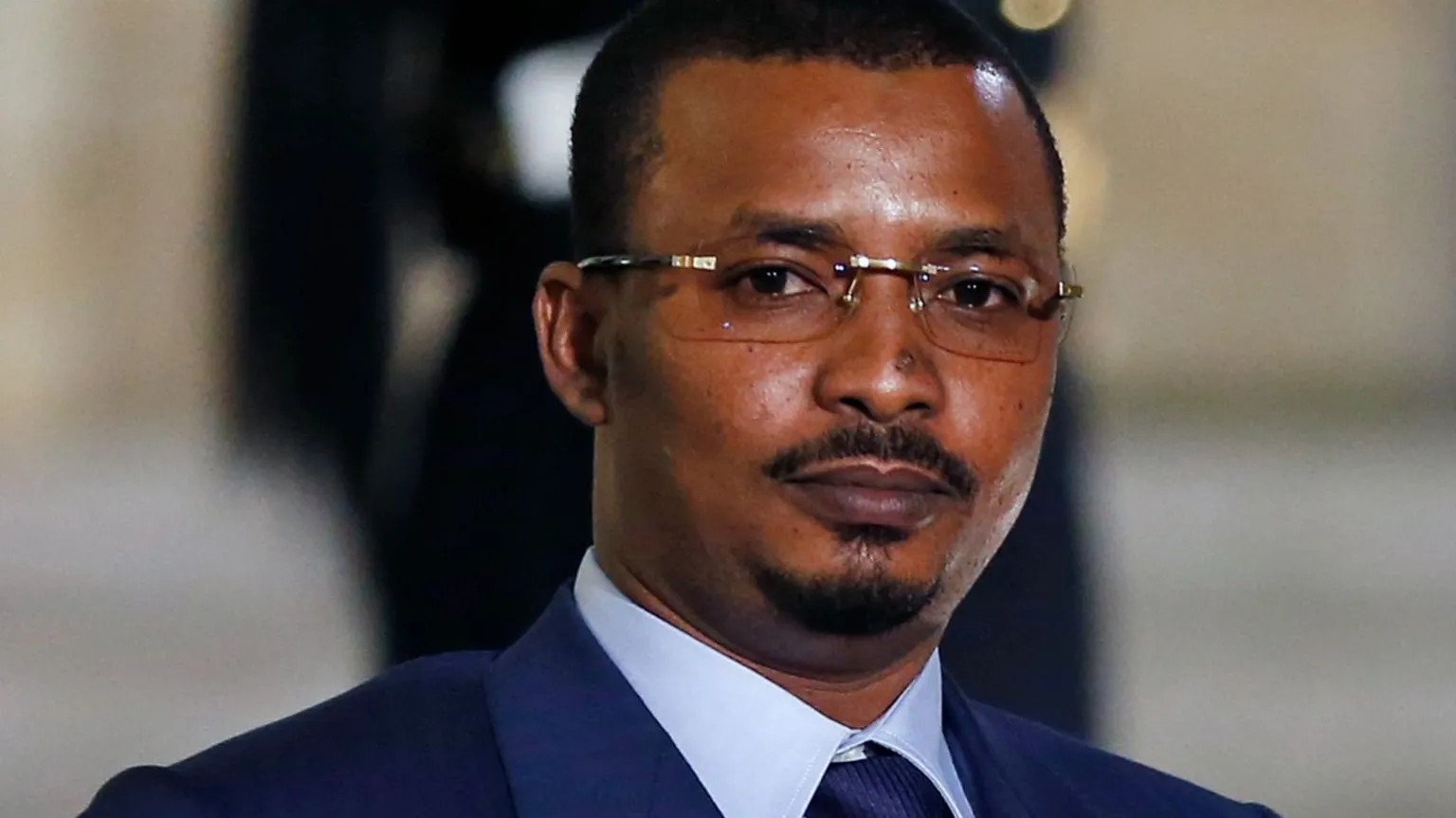
In a decisive move reflecting mounting tensions over US immigration policies, Chad has announced the suspension of all visas granted to American citizens, citing the principle of reciprocity. This diplomatic retaliation arrives in response to Washington’s recent implementation of a travel ban affecting citizens from multiple countries, including several African nations.
Chad’s President Mahamat Idriss Déby Itno communicated the decision via a Facebook post on Thursday, emphasizing national dignity and sovereignty. “Chad has neither planes to offer nor billions of dollars to give, but Chad has its dignity and pride,” he stated in French. This stance underscores a broader sentiment among the Chadian leadership, which is visibly displeased with what it perceives as an affront to its sovereignty.
The US travel ban, announced earlier this week by President Donald Trump, primarily targets individuals from twelve countries, among them Chad, Congo-Brazzaville, Equatorial Guinea, Eritrea, Libya, Somalia, Sudan, Afghanistan, Myanmar, Haiti, Iran, and Yemen. The policy, set to take effect Monday, restricts entry for these nationals on the basis of national security concerns, citing inadequate screening protocols and civil unrest in several affected nations. Additionally, nationals from Burundi, Sierra Leone, Togo, Cuba, Laos, Turkmenistan, and Venezuela face limitations on certain types of visas.
The Trump administration defended the measure as a necessary security safeguard. President Trump, in a video posted on X (formerly Twitter), declared, “We will not allow people to enter our country who wish to do us harm.” The White House emphasized that these restrictions would help shield American citizens from potential threats and hinted at the possibility of revising the travel list contingent upon improvements in security conditions within the affected countries.
Africa bears the brunt of the administration’s travel restrictions, with seven nations on the list. Somalia responded swiftly, with its ambassador to the US, Dahir Hassan Abdi, affirming the country's commitment to collaborate with Washington to resolve security issues, emphasizing a desire to maintain the longstanding relationship between the two nations.
Chad’s Foreign Minister Abdoulaye Sabre Fadoul expressed his government’s astonishment and disappointment, calling the decision “surprising” and “completely disregarding Chad’s efforts and commitments” in regional anti-terrorism initiatives. The African Union also expressed concern, cautioning that such measures might have unintended negative impacts and urging a more consultative approach by the US with the countries involved.
The reactions extend beyond diplomatic circles, with Eritrean expatriates voicing their distress amid fears of increased hardship. Several Eritreans spoke with RNG247, recounting feelings of despair and uncertainty. A man, requesting anonymity, shared that although Eritrea has endured longstanding hardship under its authoritarian regime—marked by mandatory military service forcing many young men and women to flee—the new US restrictions only add to their suffering. A woman expressed her worries about family reunification, fearing that she and her children may soon be barred from joining her husband in the US.
The backdrop of this diplomatic showdown includes recent security incidents, such as an alleged terror attack in Boulder, Colorado, which President Trump cited as evidence of the threat posed by foreign nationals. He highlighted the importance of proper vetting, although the suspect in the Colorado attack was an Egyptian national—yet Egypt itself is not included on the list of restricted countries.
The White House justified the travel bans by pointing to systemic issues within the affected nations, many of which are embroiled in civil conflicts or lack capable institutions for document verification and border security. Countries like Libya, Somalia, and Sudan are noted for ongoing civil wars, which impede effective screening measures. The administration also cited high rates of visa overstays, with some countries like Equatorial Guinea seeing up to 70% of visa holders overstaying their permitted durations.
As the diplomatic and community responses unfold, the broader implications of the US travel restrictions continue to resonate across Africa, prompting questions about the future of international relations, regional security, and the rights of those affected by these sweeping policies.



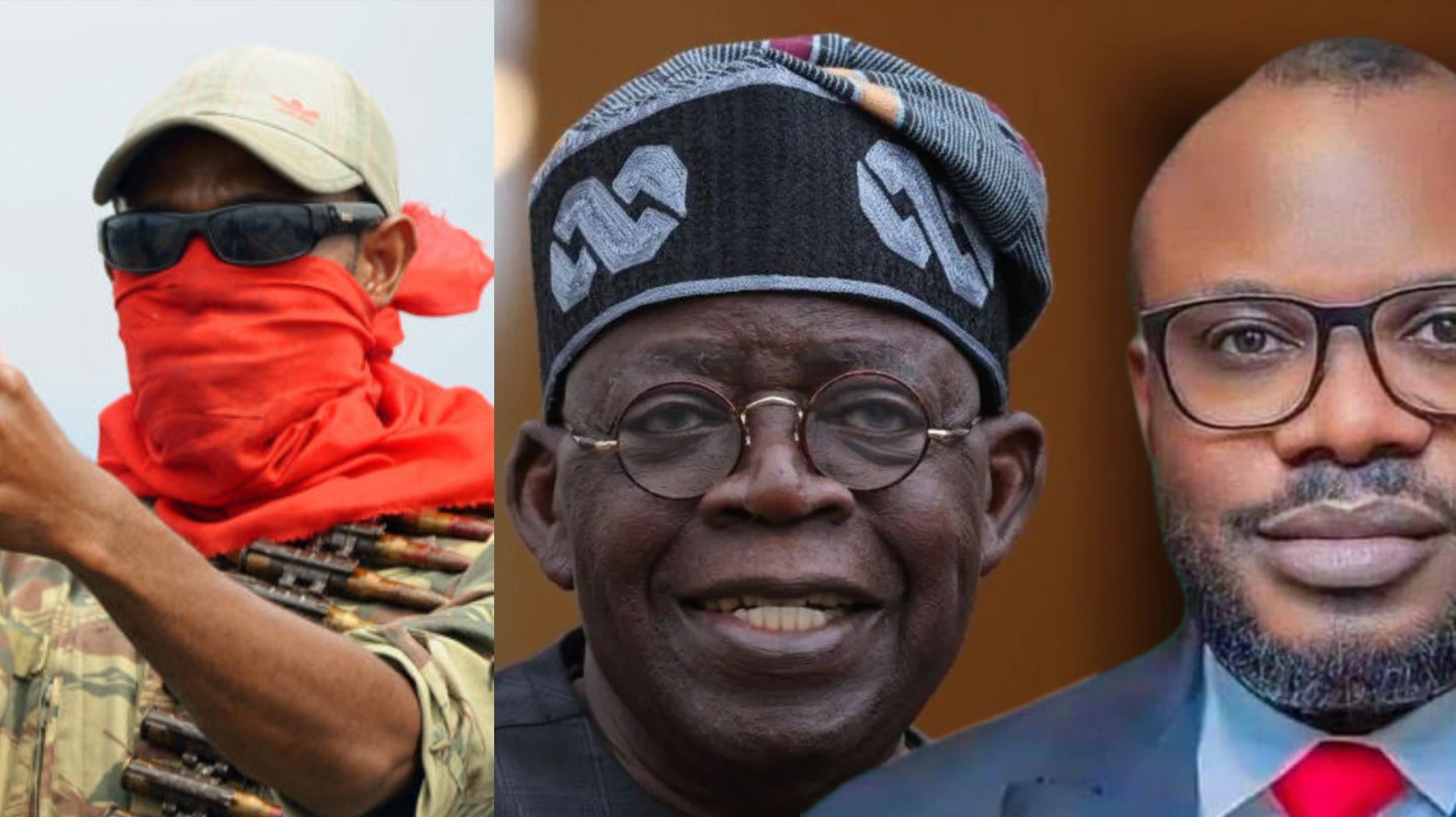
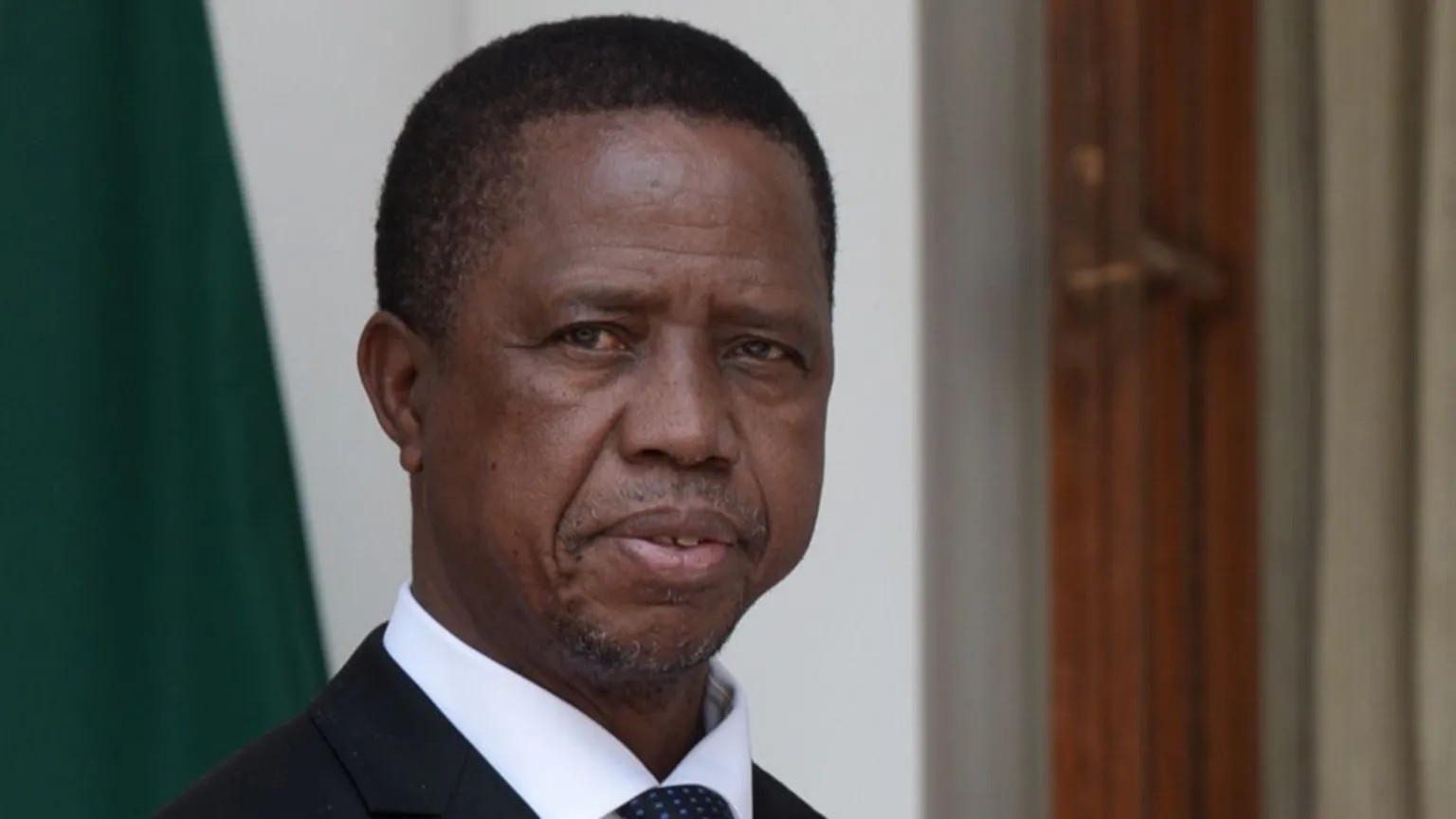
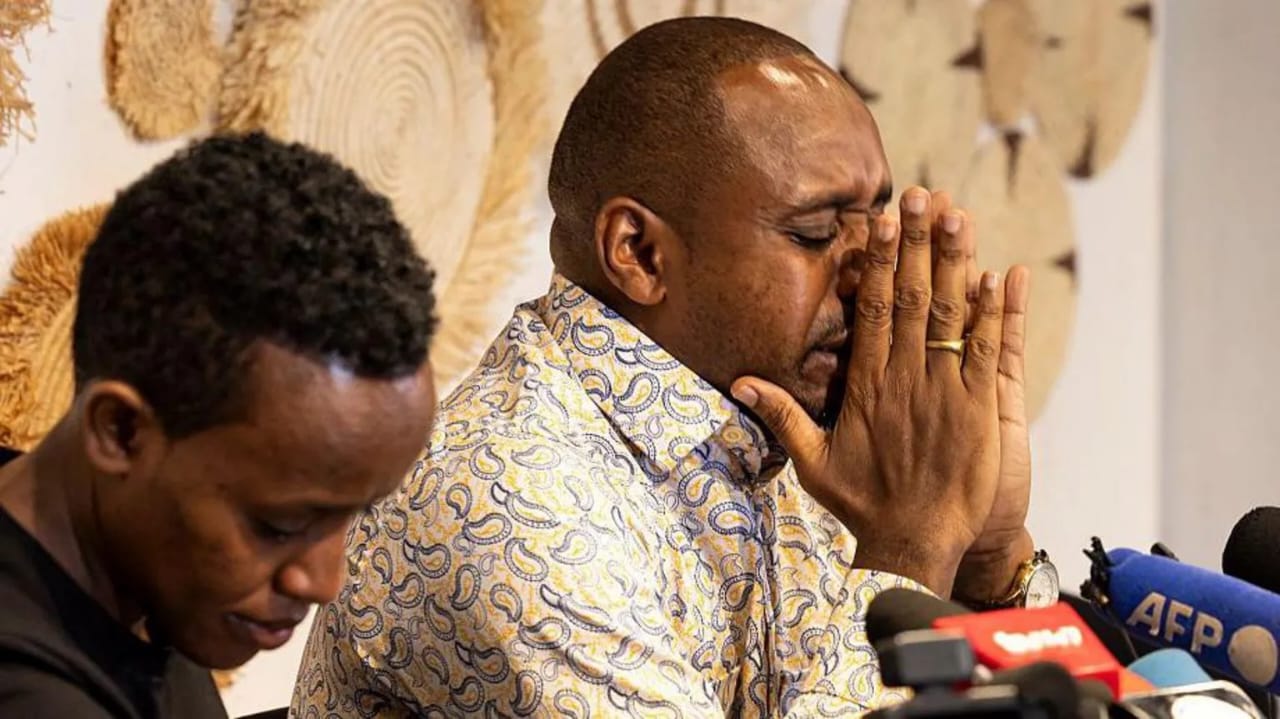

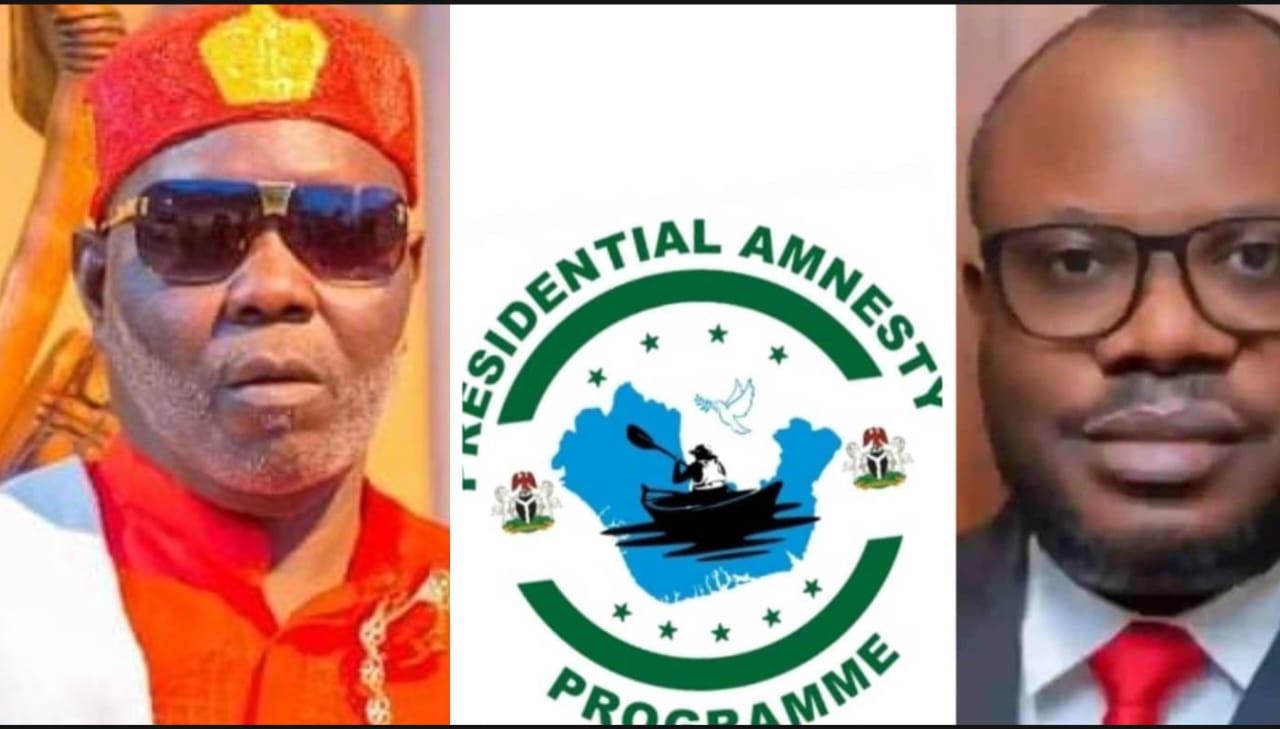
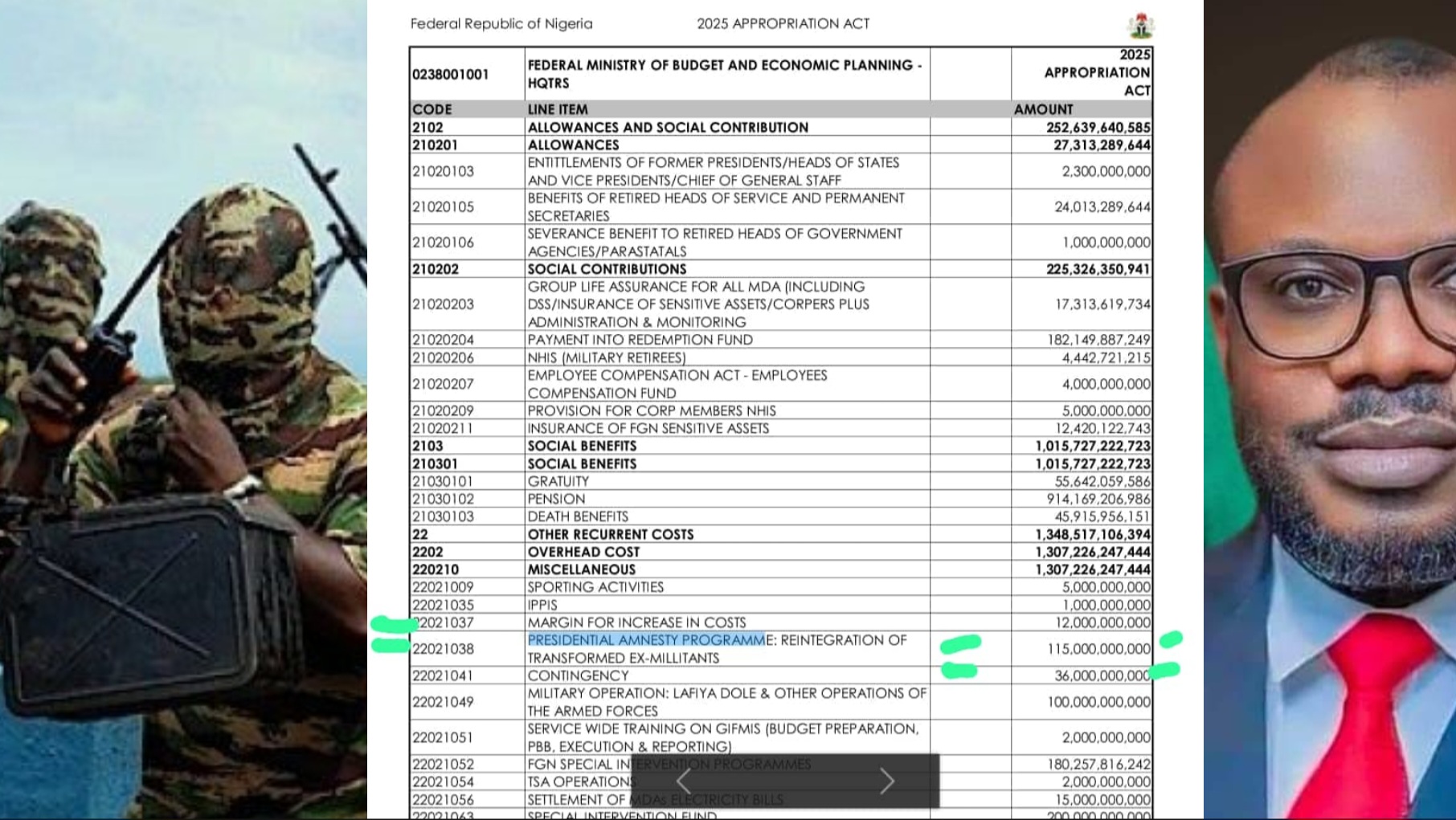
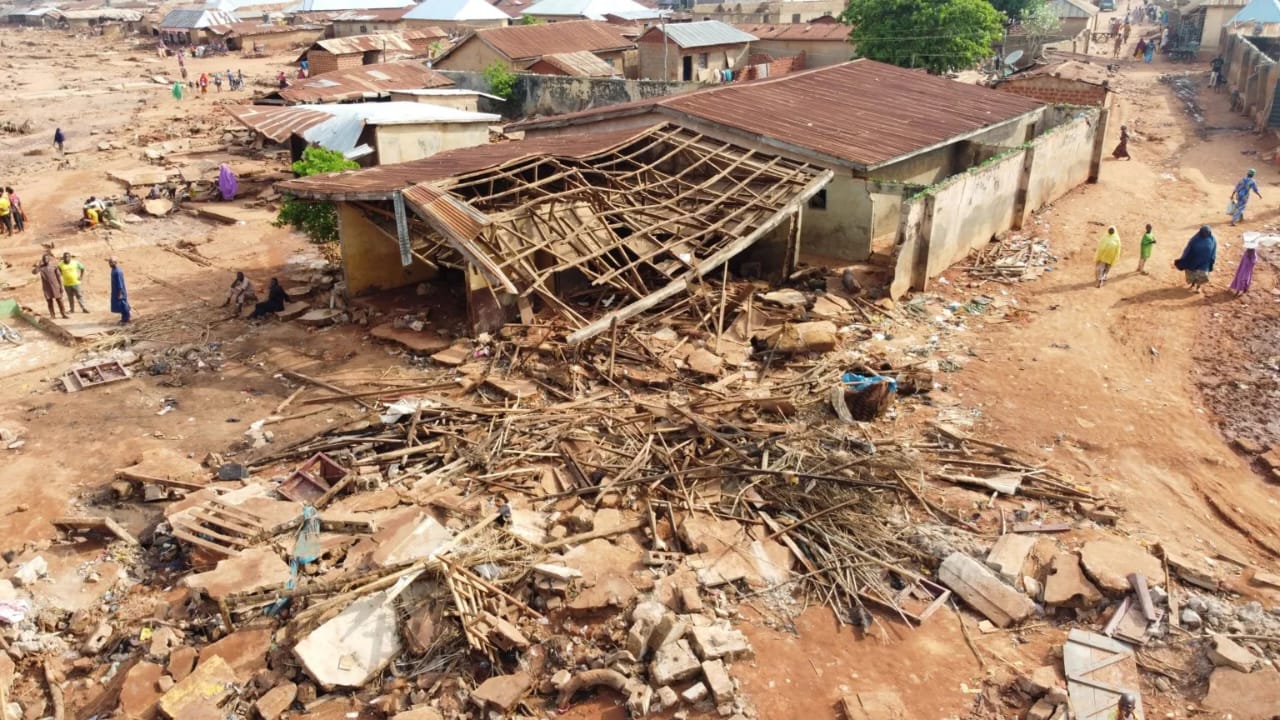

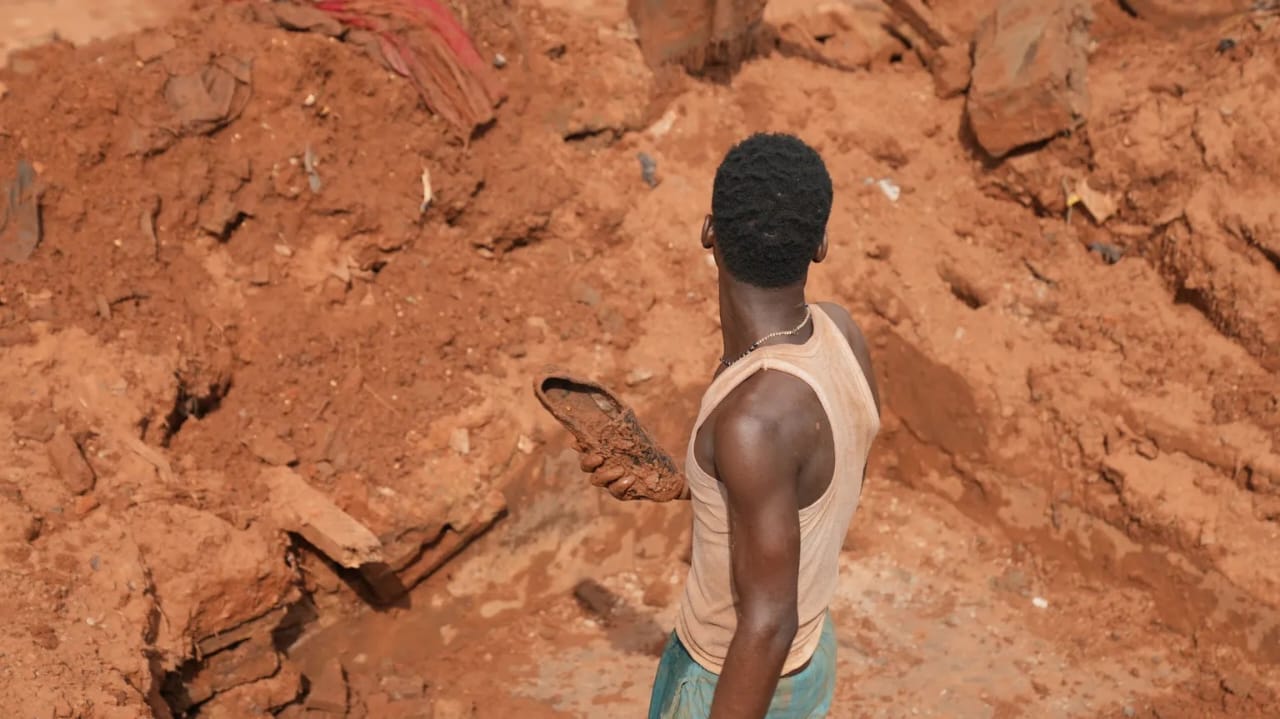
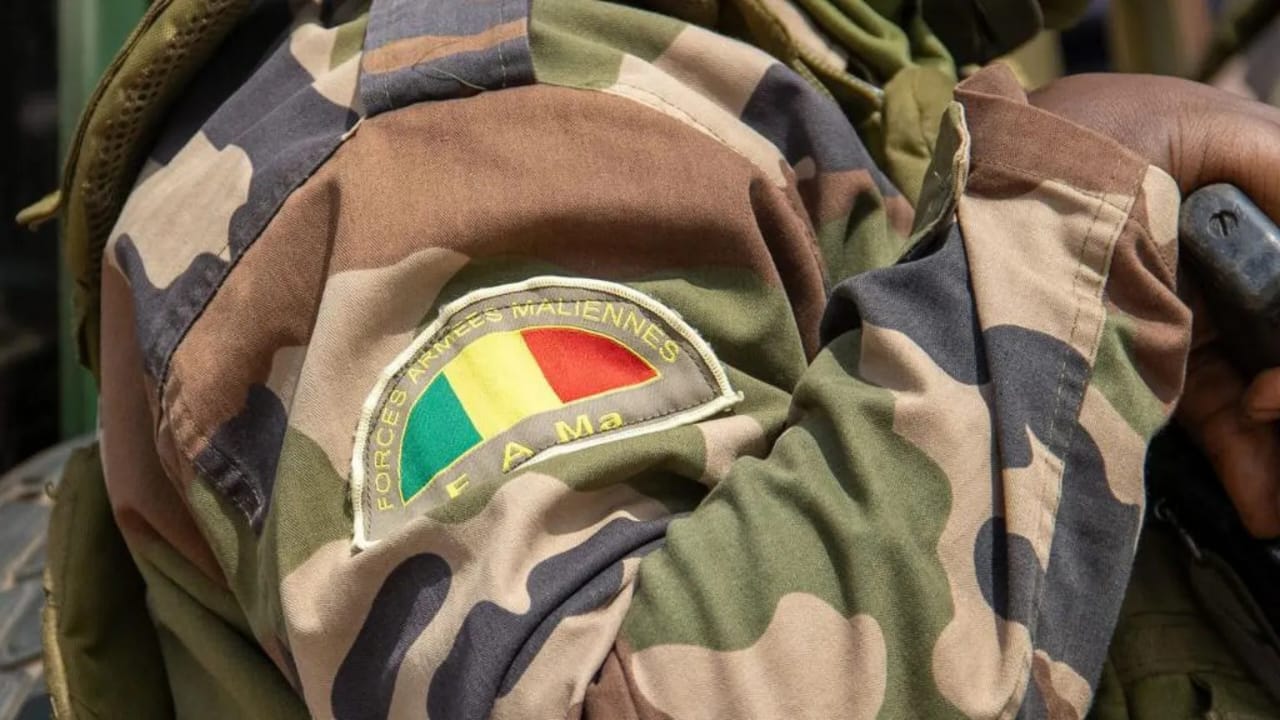



0 Comment(s)